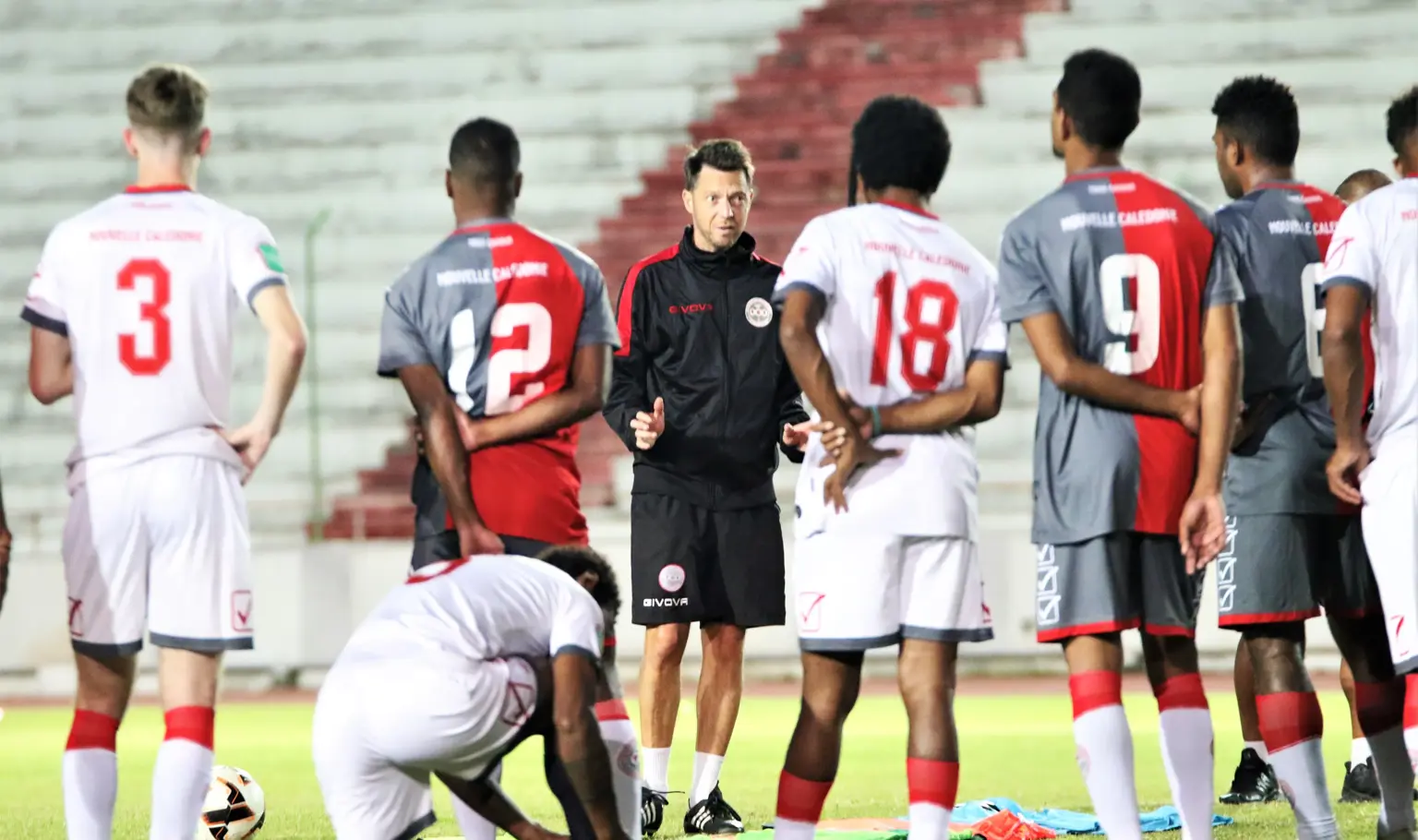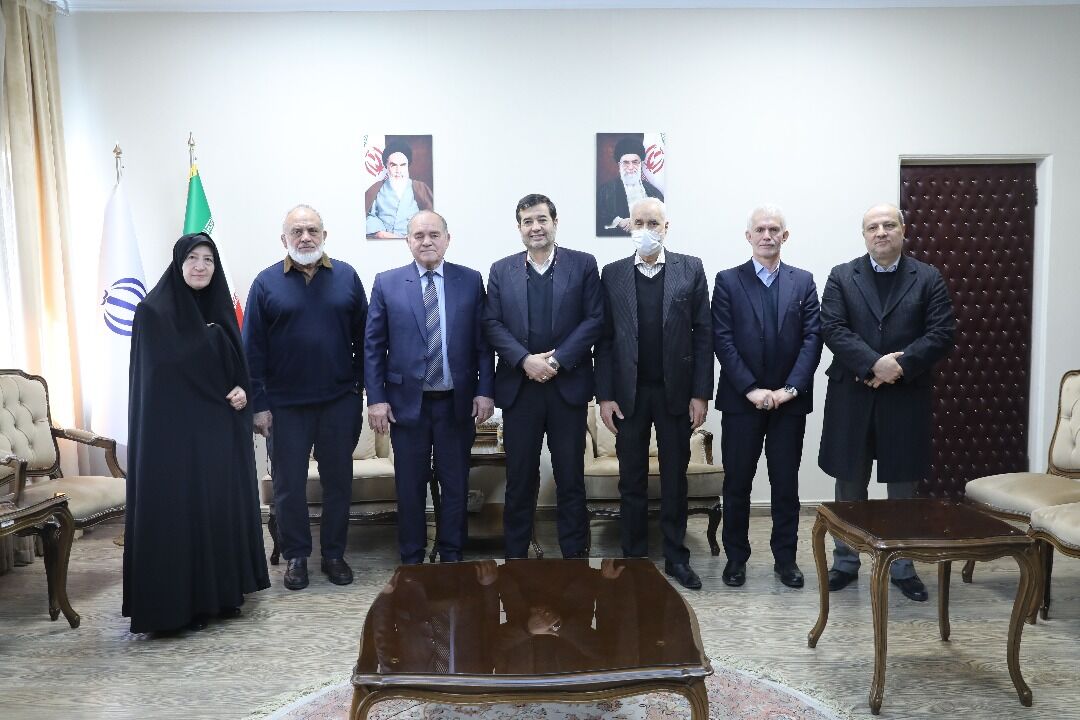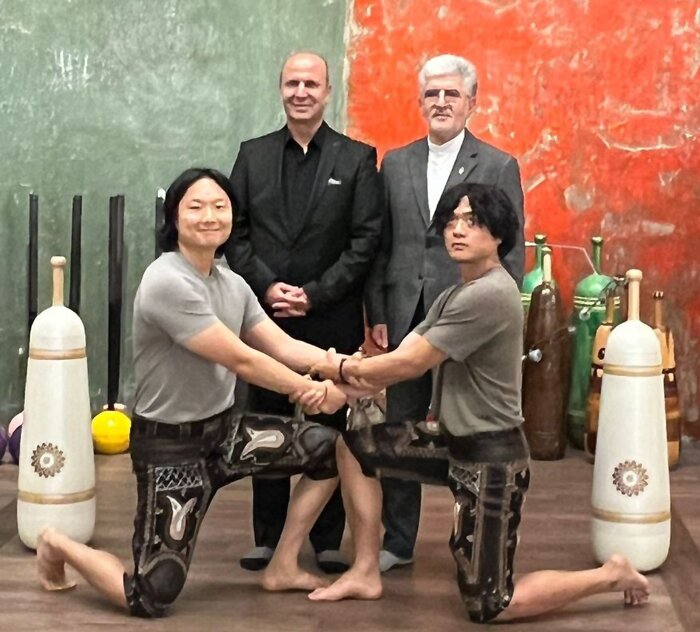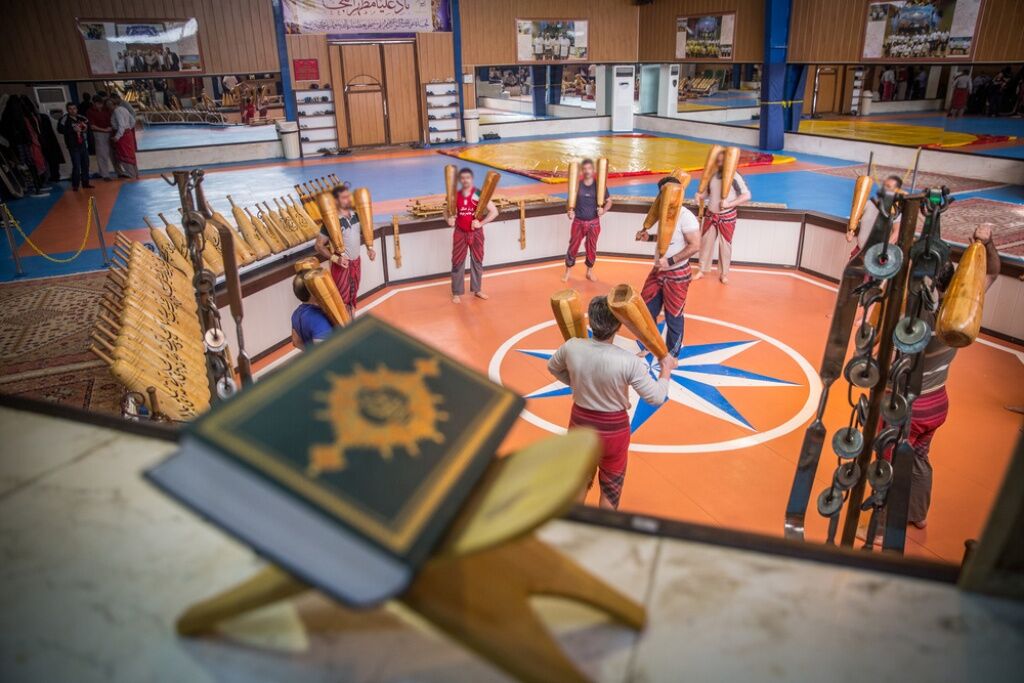Brazil is a vast country of some 220 million inhabitants – and almost as many footballers. The country’s men’s football team currently sit fifth in the FIFA/Coca-Cola Men’s World Ranking, and they have lifted the FIFA World Cup™ on no fewer than five occasions.
Tiny New Caledonia has a population around 270,000. The men’s national team lies 160th in the World Ranking and have never graced the World Cup. The New Caledonian Football Association (FCF), which joined FIFA in 2004 after breaking away from the French Football Association, has around 5,000 registered players.
There could hardly be a starker contrast between the two countries but, according to New Caledonia coach Johann Sidaner, the passion, application and a physicality of their footballers bares comparison with their South American counterparts.
“I think that if New Caledonia had as many players as Brazil, they’d be up there with the best teams in the world,” he told FIFA.
‘They can play with their eyes closed’
After touching down on the Pacific Ocean archipelago two years ago, initially as the technical director of the association’s national teams, Sidaner was instantly enthused by what he found.
“The New Caledonian player embodies everything you could dream of in the profile of a footballer. It’s just incredible,” he explained. “Their game is all about teamwork, passing ability, creativity, intelligence and spirit. They have an ability to play with their eyes closed, they understand one another, are extremely unselfish and possess outstanding physical attributes. They never get injured and are as tough as nails. The list of their qualities is endless. They’re a real joy to coach.”
Strong ties with France and Nantes
The French tactician has clearly succumbed to the New Caledonian charm, although he certainly had a good idea of what he was getting himself in to. Before taking on the mantle of national team coach in September 2022, he spent over a decade as the head of the U-13 to U-15 set-ups at his hometown side Nantes – the club where New Caledonians Antoine Kombouare, who currently serves as the Ligue 1 outfit’s first‑team coach, and Christian Karembeu, a 1998 FIFA World Cup™ winner with France, once plied their trade.
“Jean‑Claude Suaudeau (an iconic Nantes coach during the 1990s) was a big fan of those players,” explained Sidaner. “He liked their creativity, technical brilliance and exceptional athleticism. Christophe Coursimault, a fellow Nantes native and friend of mine going back 25 years, was the national team coach of New Caledonia (2010‑۲۰۱۲), and he told me that the FCF was looking for a new coach.”
On his reasoning for leaving home comforts behind and taking the leap, Sidaner explained: “I fancied an experience abroad and the idea of pushing myself. I was coming to the end of a cycle at the Nantes academy. The idea was to see what I was capable of. Above all, I was curious to work with these players, even though I wasn’t starting completely from scratch, so I ended up taking my family with me to the other side of the world.”
An amazing adventure
Two years on, the 47‑year‑old coach has no regrets as he prepares to embark on a fascinating, new adventure: the FIFA World Cup 26™ qualifying campaign. The OFC region is guaranteed one place in the expanded 48‑team tournament, as well as a berth in the intercontinental play‑offs.
“The FCF set me the goal of trying to qualify for the World Cup,” revealed Sidaner. “Our chances are slim. Football in Oceania has made significant strides over the last three or four years because everyone had the same realisation: ‘Oh! There’s an automatic qualifying spot now,’ and so everyone has strengthened. You have to finish in the top two in your group, and the side that reach the final will almost certainly need to beat New Zealand. The gap between us and them has widened significantly over the last ten years.”
“We’re still going to give it our all. It’s a fantastic opportunity,” added Sidaner, whose team were unable to compete in the OFC Nations Cup due to the recent unrest on the island.
Resilience in the face of adversity
“Our last competitive match was back in December 2023,” recalled Sidaner. That outing came in the final of the 2023 Pacific Games, in which he led his charges to a 7‑۶ penalty shoot-out success over the Solomon Islands following a 2‑۲ draw.
On 10 October, Sidaner’s troops will finally be back in action in their opening World Cup qualifier against Papua New Guinea.
“Almost a year will have passed, and it’s been terrible for us, but the spirit here is unwavering, and they’re used to getting by with limited resources,” he explained. “They have that resilience. We mustn’t forget that we qualified for the U-17 and U-20 World Cups despite having played no football, having not trained and having had no league action since May. That was an amazing achievement.”
A well‑structured system
“We’ve put so many things in place for young players, particularly the two new academies that have been open since 2020, one for boys and one for girls,” explained Sidaner in reference to the infrastructure introduced by the FCF.
“The fact that we now have more resources is also thanks to FIFA and, especially, the FIFA Talent Development Scheme designed by Arsene Wenger. It gives every talent a chance to flourish. There are geographical, contextual and cultural limitations here in Oceania, but FIFA provides associations like ours with financial support, which can help us bring over players based in France, for example. These significant developments simply didn’t exist 15 years ago.”
Not only will Sidaner be able to call up players based domestically, who form the core of his squad, for the upcoming FIFA World Cup 26 qualifiers, but he will also have the chance to select players who play their football abroad.
“I’m striving to get the balance right,” he said. “Of the 22 players who’ll be involved in the Papua New Guinea match, 13 of them play their football domestically. Not only is that a source of pride, it’s also worth drawing people’s attention to. These lads haven’t played a single competitive match in five months and have managed to stay on top of their game thanks to their dedication, commitment and desire, but it hasn’t been easy.”
“Although our players who’re based domestically might not have the same reputation and pedigree on paper, they’re right up there in technical terms.
“I’m talking about the likes of our goalkeeper, Rocky Nyikeine, and midfielders Fonzy Ranchain and Morgan Mathelon. Other key members of the squad who play professionally in France include César Zeoula and Georges Gope-Fenepej. They’re the two standout names or the big brothers within the team if you like. We also have Joseph Athale, who enjoyed a good season in France’s National 2 last year (the fourth tier of French football). He has been part of the national‑team set‑up for some time now.”
Much like Brazil, the national team rely on the right blend of domestic and overseas-based players as they strive to deliver their own version of the jogo bonito, New Caledonian style.
- نویسنده : محمد مهدی اسماعیلی رها































Friday, 30 January , 2026